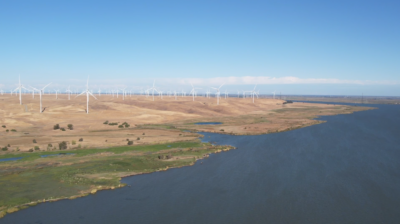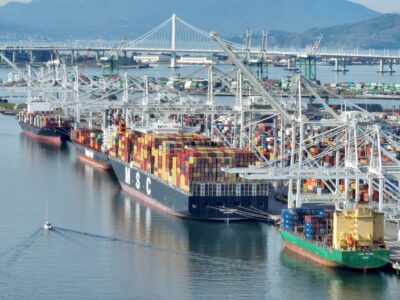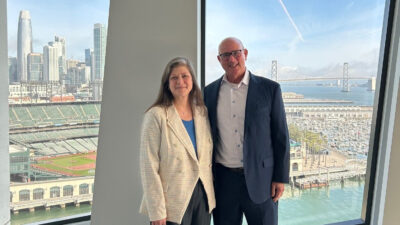San Francisco Chronicle: California poised to enter carbon-trading market
Today could be seen as the biggest day yet for California’s climate change law, assuming, as expected, the state Air Resources Board signs off on the rules to implement it.
It will also be a big day for Aaron Singer, CEO of San Francisco startup Pacific Carbon Exchange, which is engaging in an enterprise thought dead in the water not so long ago: carbon trading.
“It’s the official starting gun for California and for Western regional carbon markets,” Singer said. “It means we get to make this business a growing reality.”
Central to the law, which goes into effect in 2012, is a “cap and trade” system designed to limit the amount of carbon from the state’s 500 largest emitters – mostly power plants, energy companies and heavy industry.
Companies emitting less than their state-mandated limit can trade their unused allowance – also known as carbon credits, or offsets – with companies that may be seeking to emit more than their mandated share.
“This is a significant milestone,” said Josh Margolis, CEO of Cantor CO2e, a San Francisco offshoot of New York’s Cantor Fitzgerald, referring to the board’s expected action. “In the trading world, it’s been a decadelong anticipation.”
With the Bay Area Council serving as the firm’s incubator, Singer has been working on its trading infrastructure for the past two years and is in the process of obtaining the certifications and accreditations from the U.S. Commodity and Futures Exchange Commission.
In the meantime, PCarbX, as it is known, plans to begin some futures and options trading next year, pending a full rollout when the bell officially rings in January 2012.





